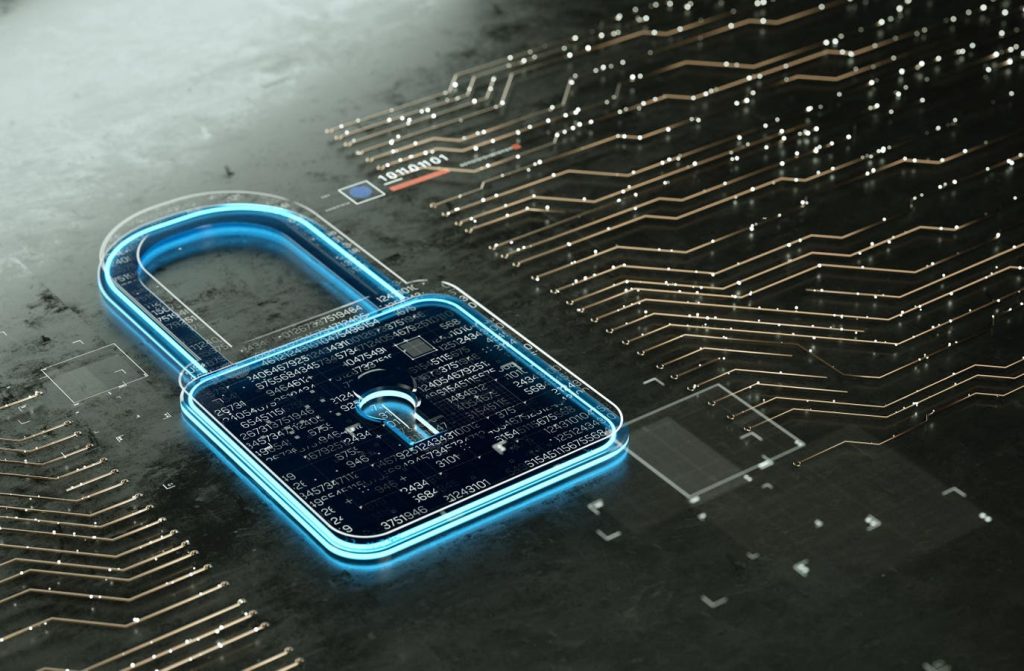Vince Berk, Chief Strategist at Quantum Xchange, believes that Generative AI (GenAI) could be the biggest revolution in computing since the microprocessor. GenAI aims to streamline system administration tasks, making it easier to configure computers, software, and networks efficiently. Already, within 18 months of its introduction, one-third of respondents in a McKinsey survey reported using GenAI in their regular business functions, particularly in repetitive and menial tasks. This technology is expected to optimize system administration by finding more cost-effective solutions in less time, such as in cloud service deployments like Kubernetes management.
As the use of GenAI grows, there are concerns about its potential misuse. Hackers have already used GenAI to imitate human audio, video, and written text effectively, leading to instances like a CFO being impersonated and wire-transferring $25 million. This raises questions about trust and authentication when using this technology. The future of cybersecurity may rely on mathematically provable asymmetric security technology due to GenAI’s capabilities to imitate people.
With the threat of identity theft and impersonation looming, organizations must consider implementing secure methods within their system administration. Similar to the FBI’s chain of evidence methodology for criminal cases, organizations need to establish procedures to track, secure, and audit their private keys to ensure the authenticity of their organization’s identity. Those who fail to address these security concerns may already be falling behind the curve.
As GenAI becomes more integrated into everyday tasks and technology, there may be a shift towards more policy-driven system administration. Administrators could outline broad requirements, leaving the AI to determine the most optimal resource allocation to meet those objectives effectively. While this transition may improve efficiency and speed, it also raises challenges in ensuring the authenticity of actions taken by AI systems. In the future, organizations may need to rely on private keys for manual authentication to prevent identity theft and maintain trust in their operations.
In conclusion, GenAI has the potential to revolutionize computing and system administration, but it also brings new cybersecurity challenges that need to be addressed. Organizations must stay ahead of the curve by implementing secure methods for authentication and data protection to prevent identity theft and unauthorized access. As the technology continues to evolve, the need for strict security measures and authentication protocols will become more critical to safeguard organizational identity and trust.


